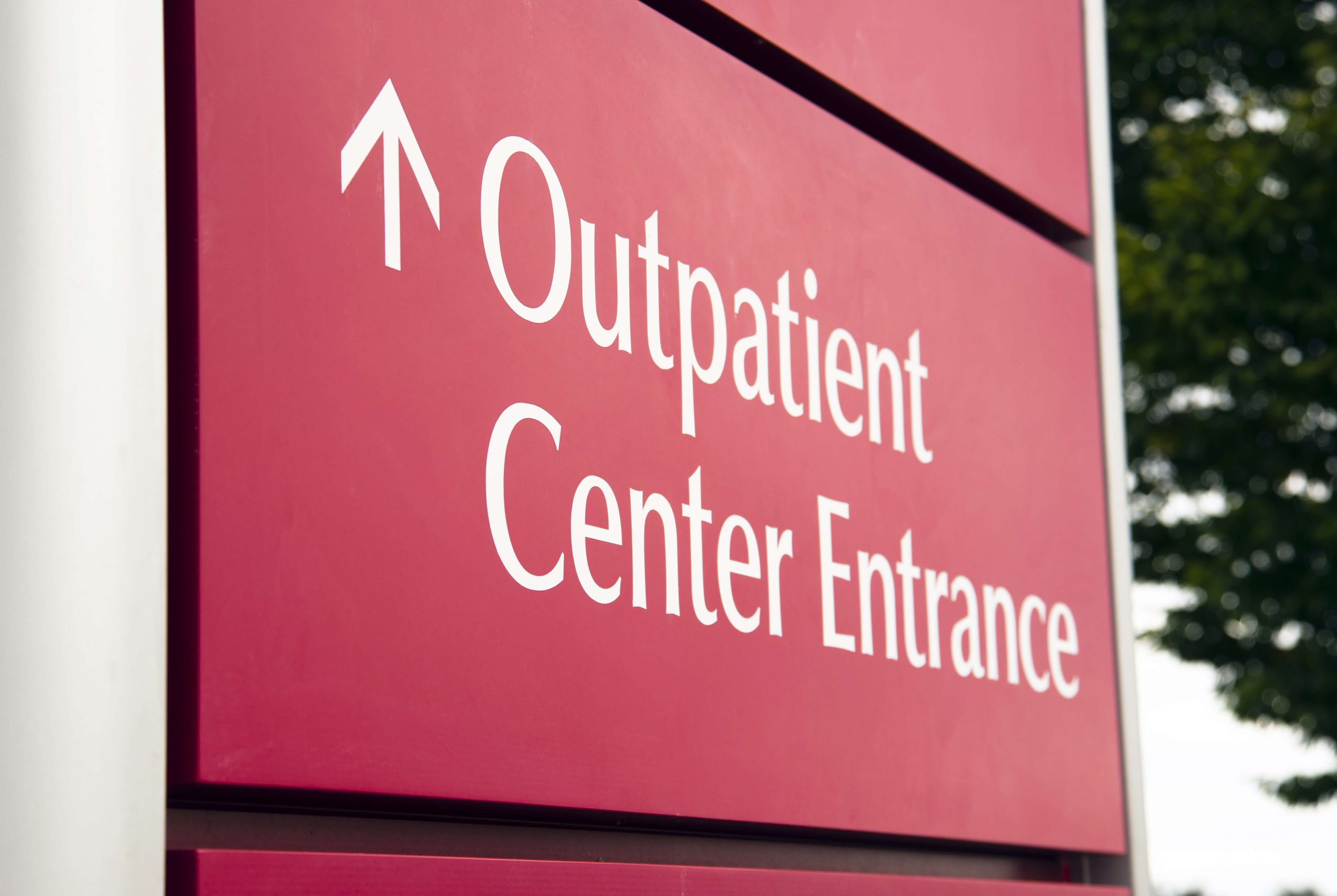IOP Treatment Plan: Structure & Examples
Summary: IOP Treatment Plan: Structure & Examples
An IOP treatment plan is a personalized, goal-driven document that guides a patient’s care throughout an Intensive Outpatient Program. It typically includes a diagnostic assessment, measurable treatment goals, a schedule of individual and group therapy sessions, and a plan for medication management if needed. At Overland IOP in Los Angeles, treatment plans are developed collaboratively between the patient and clinical team, reviewed regularly, and adjusted based on progress — allowing individuals to receive structured mental health and addiction treatment while continuing to live at home and maintain daily responsibilities.
A well-structured IOP treatment plan often includes a comprehensive assessment to tailor the program to the individual’s needs, setting specific, measurable goals. It typically involves a combination of individual therapy, group therapy, and possibly family therapy sessions. The plan might also incorporate psychoeducational sessions to teach coping skills, relapse prevention strategies, and manage triggers. Additionally, medication management could be part of the plan if needed. Each aspect of the treatment plan is designed to support the patient’s journey toward recovery while allowing them to maintain their daily responsibilities.

Essential Components Of a Treatment Plan
A treatment plan in the context of Intensive Outpatient Programs (IOP) like those at Overland IOP is both straightforward and detailed, ensuring a personalized approach to recovery. Here’s a breakdown of the essential components of such a treatment plan:
- Patient Information: This section captures essential details about the patient, including their name, social security number, insurance information, and the date the treatment plan was created. This foundational information ensures the plan is personalized and easily integrated with administrative records.
- Diagnostic Summary: Following the patient’s information, the counselor outlines the patient’s diagnosis, offering a brief overview of the condition’s nature and duration. This summary provides a clear starting point for the treatment journey, laying the groundwork for targeted therapeutic interventions.
- Problems and Goals: At the heart of the treatment plan are the identified issues and corresponding goals. For each problem area, the plan sets out specific, measurable objectives and a timeline for achieving these goals. A well-structured plan encourages at least three distinct goals, ensuring a multi-faceted approach to recovery.
- Signatures: The final section of the plan includes signatures from both the counselor and the client. This act of signing off on the document is crucial, as it signifies the patient’s involvement and agreement with the proposed path forward. It reinforces the collaborative nature of the treatment process, engaging the client actively in their recovery journey.
This template outlines a robust framework for creating individualized, goal-oriented treatment plans at Overland IOP, emphasizing the importance of clarity, collaboration, and personalized care in the recovery process.
Intensive Outpatient Program (IOP)
For individuals who do not require round-the-clock medical supervision or who have successfully completed a residential treatment program, an Intensive Outpatient Program (IOP) offers a highly effective and flexible treatment option. However, it is crucial to gain a comprehensive understanding of the features and advantages of an IOP in Los Angeles to make the most informed choice for your health, your future, and the well-being of your loved ones.
At Overland IOP and PHP in Los Angeles, CA we provide our top-rated IOP. Why do patients choose us:
✳️ 3 hours a day, 3-5 days a week IOP with a flexible schedule
✳️ In-person & virtual appointments
✳️Morning, Noon & Evening Tracks
✳️ Most Insurance accepted
Example Of An IOP Treatment Plan
Let’s create an imaginative example of an IOP treatment plan tailored for a fictional character, Alex, who is seeking help for substance use and underlying anxiety issues at Overland IOP:
Initial Assessment:
- Comprehensive evaluation to understand Alex’s history of substance use, mental health status, and personal goals.
Treatment Goals:
- Reduce substance use and manage cravings.
- Improve coping strategies for anxiety.
- Enhance overall well-being and daily functioning.
Core Components:
- Individual Therapy Sessions: Twice a week, focusing on cognitive-behavioral techniques to address substance use triggers and anxiety management.
- Group Therapy Sessions: Weekly, to share experiences and strategies, focusing on topics such as relapse prevention, stress management, and building healthy relationships.
- Family Therapy Sessions: Bi-weekly, to improve communication and support systems.
- Psychoeducational Workshops: Once a week, covering topics like the science of addiction, emotional regulation, and mindfulness practices.
- Medication Management: As needed, in consultation with a psychiatrist for anxiety or other co-occurring conditions.
Review and Adjustments:
- Monthly reviews to assess progress toward goals and adjust the treatment plan as necessary.
This plan is designed to provide Alex with a structured yet flexible framework for recovery, balancing intensive therapy with the ability to maintain daily life activities.
FAQs about IOP Treatment Plan
FAQ1: What is an IOP treatment plan?
An IOP treatment plan is a structured document created by a clinical team and patient that outlines the goals, therapies, and timeline for treatment in an Intensive Outpatient Program. It typically includes a diagnostic assessment, specific measurable goals (such as reducing substance use or improving coping skills), a schedule of individual and group therapy sessions, and criteria for progress reviews. At Overland IOP in Los Angeles, treatment plans are reviewed regularly and adjusted based on each patient’s progress. SAMHSA — Intensive Outpatient Treatment
FAQ2: What is the difference between IOP and PHP?
The main difference between an Intensive Outpatient Program (IOP) and a Partial Hospitalization Program (PHP) is the time commitment and level of clinical supervision. PHP typically requires 5–6 hours per day, 5 days per week, and includes closer medical monitoring — making it appropriate for patients stepping down from inpatient care or managing acute symptoms. IOP meets for about 3 hours per day, 3–5 days per week, offering more scheduling flexibility for patients who can manage daily responsibilities while receiving treatment. At Overland IOP in Los Angeles, we offer both IOP and PHP with morning, afternoon, and evening tracks so patients can choose the level of care that fits their needs. ASAM Levels of Care
FAQ3: How long does an IOP program last?
Most IOP programs last between 8 and 12 weeks, though the exact duration depends on the individual’s diagnosis, progress toward treatment goals, and insurance authorization. Some patients complete treatment in as few as 6 weeks, while others with co-occurring disorders may continue for several months. At Overland IOP, your clinical team conducts regular progress reviews and works with your insurance provider to determine the appropriate length of stay, adjusting the treatment plan as your needs evolve.
FAQ4: What does a typical IOP schedule look like?
A typical IOP schedule involves 3 hours of programming per day, 3 to 5 days per week. Sessions usually include a combination of group therapy, individual therapy, psychoeducational workshops, and skill-building activities focused on coping strategies and relapse prevention. Overland IOP in Los Angeles offers morning, afternoon, and evening scheduling tracks — as well as in-person, virtual, and hybrid options — so patients can continue working, attending school, or managing family responsibilities during treatment.
FAQ5: Does insurance cover IOP and PHP in Los Angeles?
Most major private insurance plans cover Intensive Outpatient Programs (IOP) and Partial Hospitalization Programs (PHP) for mental health and substance use treatment. Coverage typically requires a clinical assessment demonstrating medical necessity, and insurance companies may authorize a set number of sessions with periodic reviews. Overland IOP in Los Angeles accepts most major insurance plans and our admissions team verifies benefits and provides a detailed cost estimate before treatment begins. Contact us to confirm your specific coverage.
FAQ6: Can I work or go to school while attending IOP?
Yes — IOP is specifically designed to allow patients to maintain their daily responsibilities while receiving intensive treatment. Unlike inpatient or residential programs, IOP patients return home after each session. Overland IOP in Los Angeles offers morning, afternoon, and evening tracks as well as virtual attendance options, making it possible to schedule treatment around work, school, or caregiving commitments without disrupting your routine.
FAQ7: What therapies are used in IOP treatment plans?
IOP treatment plans typically incorporate several evidence-based therapies tailored to each patient’s diagnosis and goals. Common modalities include Cognitive Behavioral Therapy (CBT) for identifying and changing unhelpful thought patterns, Dialectical Behavior Therapy (DBT) for emotional regulation and distress tolerance, group therapy for peer support and skill building, and individual therapy for personalized clinical work. Many IOP programs, including Overland IOP, also offer family therapy, psychoeducational workshops, and medication management when clinically appropriate. NIMH — Psychotherapies


In conclusion, a well-structured IOP treatment plan, such as those used by Overland IOP, is foundational to effective recovery. By systematically outlining patient information, diagnostic summaries, targeted problems with measurable goals, and securing mutual agreement through signatures, the plan fosters a transparent, collaborative path toward wellness. This structure ensures that every aspect of the patient’s care is tailored, goal-oriented, and adaptable, reflecting the unique journey of each individual towards healing and recovery.
Published: April 03, 2024
Last Updated: February 11, 2026

Published: February 14, 2026
Medication-Assisted Treatment (MAT): How It Works?
Summary: Medication-assisted treatment (MAT) is an evidence-based approach to addiction treatment that combines FDA-approved medications with behavioral therapy and counseling to treat substance use disorders — primarily opioid and alcohol addiction. MAT is endorsed by the Substance Abuse and Mental Health Services Administration (SAMHSA), the National Institute on Drug Abuse (NIDA), and the World Health […]
Read more
Published: February 06, 2026
Talk Therapy: Types, Benefits & How It Works in California
Summary: Talk therapy — also known as psychotherapy — is a structured, evidence-based treatment approach in which a trained mental health professional helps individuals identify, understand, and change the thoughts, emotions, and behaviors that contribute to mental health conditions and substance use disorders. It is the foundation of treatment for depression, anxiety, PTSD, personality disorders, […]
Read more
Published: January 27, 2026
What Is DPD? Understanding Dependent Personality Disorder
Most people don’t ask, “What is DPD or Dependent Personality Disorder?” They come in feeling drained, anxious, and stuck in relationships that feel restrictive yet hard to leave. Being alone feels unsettling. Decision-making feels paralyzing. Reassurance becomes a daily necessity rather than a comfort. At Overland IOP in Los Angeles, we often see Dependent Personality […]
Read more
